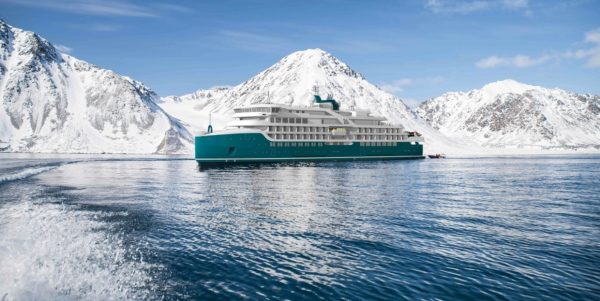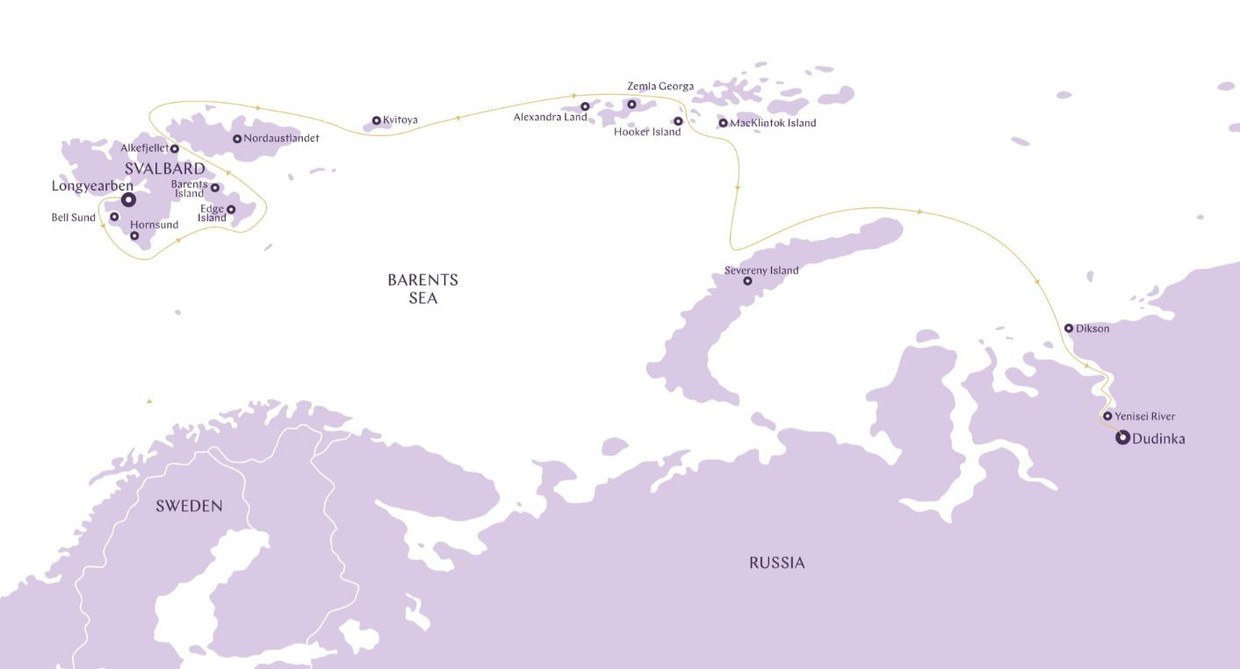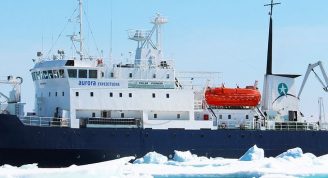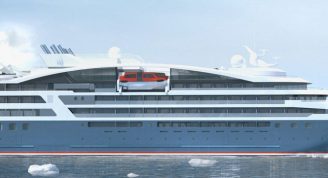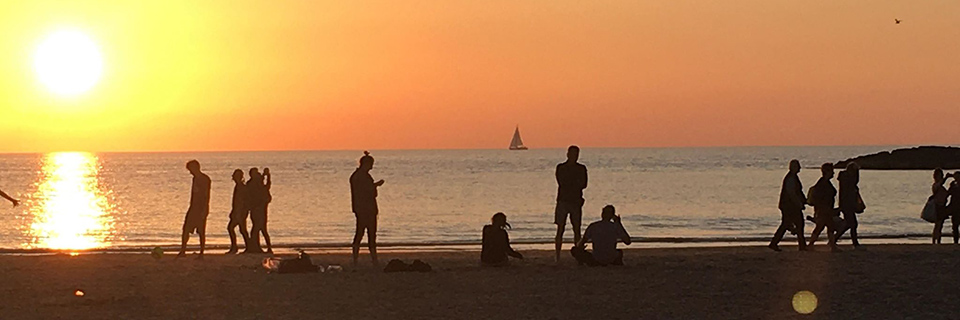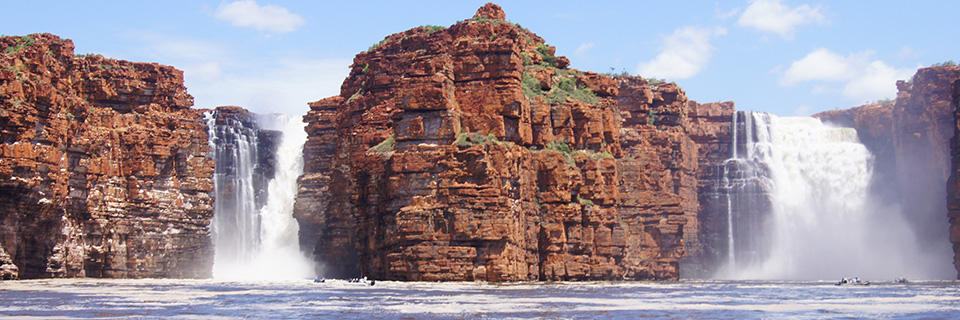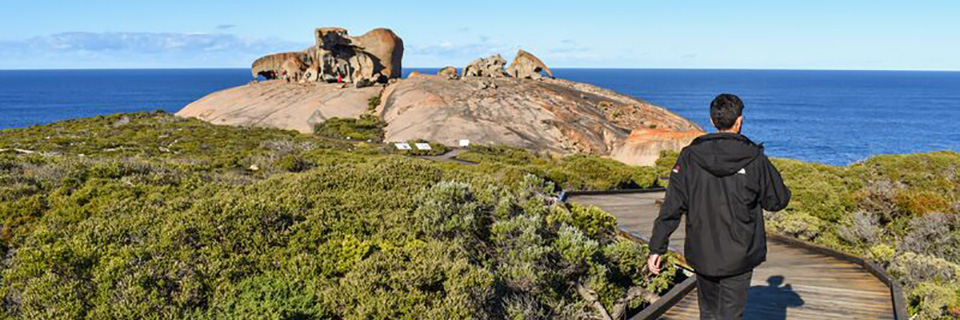Description
Only the most intrepid explorers have been on a voyage like this. Your life-changing 19-day Arctic Discovery expedition cruise aboard our boutique ship takes you via remote Russian and Norwegian archipelago at the top of the world before ending on Siberia’s mighty Yenisei river. We cruise past majestic fjords and through ice-choked waters which reveal rarely seen arctic wildlife – belugas, bowheads, narwhals, polar bears and walruses – and millions of seabirds. Your unforgettable journey takes in some of the least-visited spots on the planet, from the relatively unexplored islands in the Russian High Arctic, which were closed to visitors until recently, before arriving on the Yenisei river to learn about history and tradition from the Nenets indigenous people.


